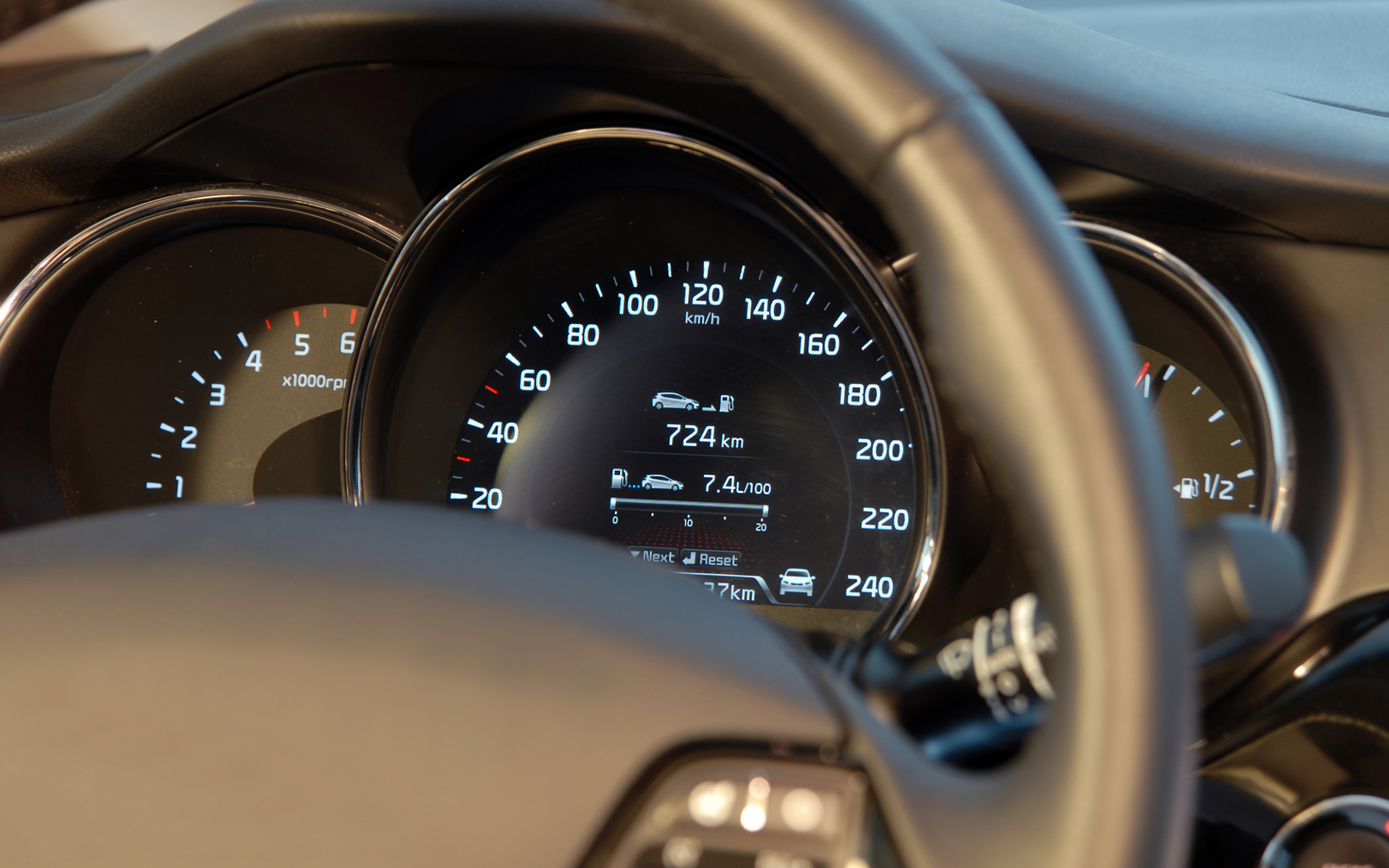
Car clocking, also known as odometer fraud, is a practice that involves tampering with a vehicle’s odometer to reduce the mileage reading displayed on the dashboard. This illegal practice has been around for decades and is carried out for various reasons, including to increase the resale value of the vehicle or to avoid potential penalties associated with high mileage.
This fraud can be achieved through various means, including physically manipulating the odometer mechanism, using electronic devices to manipulate digital odometers, or using replacement odometers with lower mileage readings. With the rise of digital odometers, it has become easier for scammers to clock cars electronically, as modern odometers are controlled by a computer system that can be easily hacked.
Car clocking is illegal and unethical, as it deceives potential buyers into paying more for a vehicle that is worth less. It also costs car buyers millions of dollars annually and poses a significant threat to the used car market.
In response, governments worldwide have implemented laws to curb car clocking and protect consumers from fraud. Despite these efforts, car clocking continues to be a prevalent issue, and buyers are advised to take caution when purchasing a used car and to conduct a thorough vehicle history check before making a purchase.
Why Are Cars Being Clocked?
People have been clocking cars for decades. The main reason why they do this fraudulent act is to increase the resale value of the vehicle they intend to sell. By reducing the mileage reading on the odometer, sellers can make the vehicle appear to be in better condition and with less wear and tear, thus justifying a higher selling price. This is particularly true for high-value cars or those that are sought after by collectors, where even a small reduction in mileage can result in a significant increase in resale value.
Another reason why people engage in car clocking is to avoid potential penalties associated with high mileage. High mileage can negatively impact a car’s resale value, leading to higher insurance premiums and increased maintenance costs. By reducing the mileage reading on the odometer, sellers can avoid these potential penalties and pass the costs onto the buyer.
Last but not least, some people commit this fraud for personal reasons, such as to avoid embarrassment or to hide the true extent of their vehicle usage from others. However, it is important to note that car clocking is wrong regardless of the reasons behind it and can have serious consequences for those caught engaging in the practice.
How To Tell If A Car Has Been Clocked?
Detecting whether a car has been clocked can be challenging. Still, there are several signs that buyers can look for to help determine whether the mileage displayed on the odometer is accurate. One of the first things to do is inspect the car’s interior, particularly the pedals, steering wheel, and seats. If the car has been driven extensively, these areas will show signs of wear and tear, which may be inconsistent with the mileage displayed on the odometer. A low-mileage car with extensive deterioration may indicate that the car has been clocked.
You can also check the vehicle’s history report. These reports can reveal information about the car’s previous owners, service history, and recorded mileage per year. A sudden drop in mileage or inconsistencies in the recorded mileage can be a red flag that the car has been clocked. Buyers can also request maintenance records from the seller and compare them with the recorded mileage. If the records show that the car has had extensive maintenance but low mileage, it may indicate that it has been clocked.
Lastly, buyers can look for signs of tampering with the odometer. This can include scratches or tool marks around the odometer, loose or misaligned gauge needles, or inconsistent spacing between the numbers on the odometer. Additionally, buyers can check for signs of digital odometer tampering, such as mismatched numbers or unusual gaps in the odometer readings. If any of these signs are present, it may indicate that the car has been clocked, and buyers should proceed with caution or avoid the purchase altogether.
What’s The Resale Value Of A Clocked Car?
The resale value of a clocked car can vary greatly depending on several factors, including the extent of the clocking, the car’s make and model, and the vehicle’s overall condition. But generally, of course, a car that has been clocked will have a lower resale value than a similar car with an accurate mileage reading.
If the buyer discovers the clocking after purchasing the car, they may seek compensation for the deception. The seller may also face horrible consequences for doing this if the buyer opts to take legal action.
This is why buyers need to take precautions when purchasing a used car, including conducting a vehicle history check, inspecting the car thoroughly, and being aware of the signs of clocking.
Is Mileage Correction Different From Car Clocking?
You might have heard of the term “mileage correction” before. Mileage correction and car clocking essentially refer to the same practice of altering the odometer reading on a vehicle. However, mileage correction is sometimes used to refer to legitimate cases. Below are some of these cases:
- Odometer Replacement or Repair: If the odometer on a car is malfunctioning or damaged, it may need to be replaced or repaired. In such cases, the mileage reading on the new or repaired odometer will be lower than the original reading. Mileage correction is necessary to ensure that the new odometer displays the correct mileage of the vehicle.
- Restoration or Customization: When a car undergoes restoration or customization, the mileage on the odometer may no longer accurately reflect the car’s true value. In such cases, mileage correction can be used to reset the odometer reading to zero or to a more appropriate value that reflects the work done on the car.
- Import/Export: When cars are imported or exported between countries, the odometer reading may need to be adjusted to comply with local regulations. For example, some countries require that imported cars have their odometers converted from kilometers to miles. In such cases, mileage correction may be necessary to ensure compliance with local laws.
On the other hand, as you know by now, car clocking is a fraudulent practice where the odometer reading is intentionally altered to make the vehicle appear to have lower mileage so it can be sold at a higher price.
To summarize, while legitimate mileage correction may be necessary in some cases, car clocking is always illegal and unethical.
Final Thoughts
Car clocking is illegal and unethical, and those caught engaging in the practice can face serious legal consequences. It is also a serious problem for someone who buys one, as they may get stuck with an expensive paperweight.
When you’re in the market to buy a used car, you might have asked yourself, “What is good mileage on a used car?” This is where you should be aware of the miles on the odometer of the vehicle you are looking at, especially if you are buying from a private seller. If you’re not careful, you might buy a clocked car. Test drive the vehicle, if possible, and get an opinion from a knowledgeable friend.
To be sure you’re getting good quality used cars, you can come by Criswell Acura in Baltimore, MD. Not only do we have certified technicians testing our used cars, but we also abide by standards set by Acura’s Certified Pre-Owned Program. For more information on the benefits of getting Acura Certified Pre-Owned vehicles, get in touch with us at 443-482-3200 or check out our used inventory and our Certified Pre-Owned listings.



